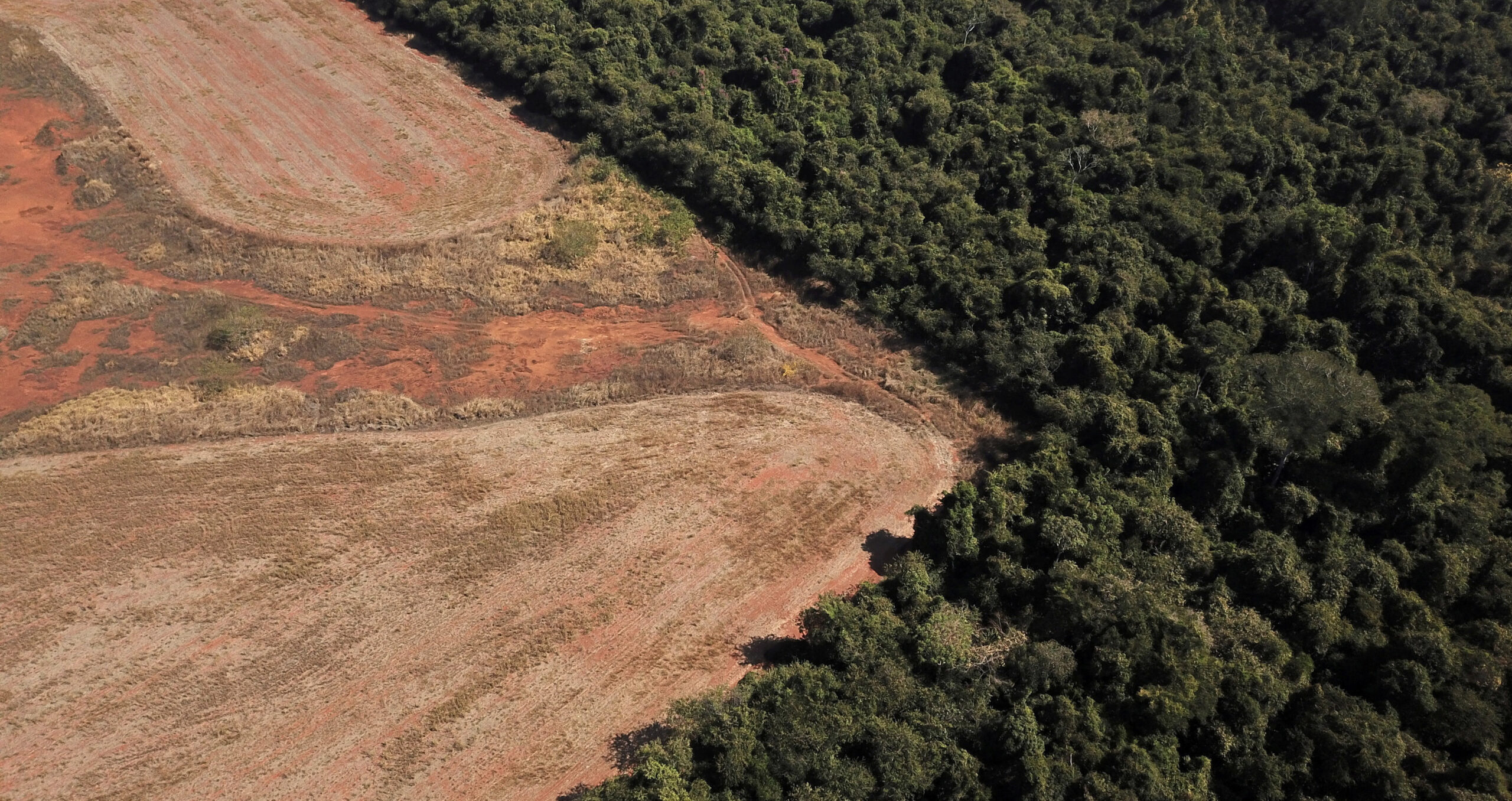
EU-Mercosur trade deal in peril over sustainability standards

Europe’s demand for stricter sustainability requirements in a stalled trade agreement with South American countries shows the difficulty in imposing a global baseline, as governments navigate different economic trajectories in the green transition
Confidence in finalising a free trade agreement between the EU and a bloc of South American countries formed by Brazil, Argentina, Uruguay and Paraguay is waning, as negotiating factions disagree over the enforcement of sustainability safeguards. Upcoming elections across both groupings are complicating talks further.
To continue reading
Request Free Trial- Unlimited access to all content
- Email alerts highliting key industry insight.
- Invitations to attend exlusive roundtables and events.
- The Sustainable Views Policy Tracker - deep insight on ESG regulations and deadlines
Already a subscriber?Log in
A service from the Financial Times

